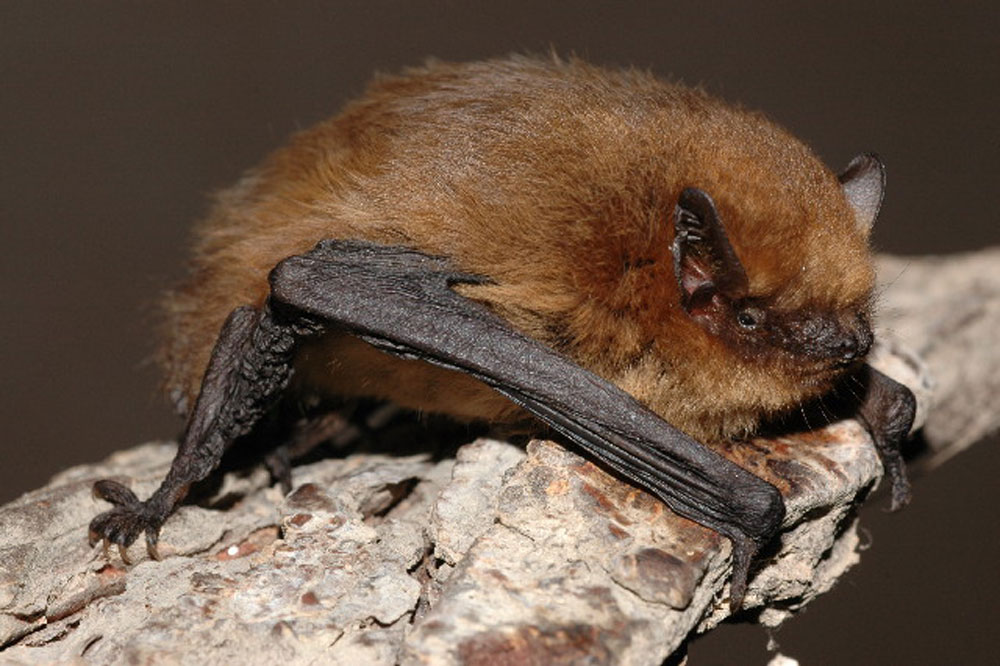AN 11-year-old girl was rushed to hospital after being viciously attacked at the dinner table – by a bat.
Victoria Kimmet was eating a meal with her family when the animal flew in through an open window and swooped on her.
As she tried to protect herself, the bat savagely bit her five times on her hand before hanging upside-down on a curtain rail.
She was rushed to Ninewells hospital amid fears that she may have contracted rabies, and specialist medicine had to be transferred from Edinburgh.

The youngster now faces a series of follow-up checks with her GP to make sure there are no adverse affects from the treatment.
The incident follows a fatal bat bite on Angus man David McRae, who died in 2002 after contracting Britain’s first case of rabies for 100 years.
Rabies is a very serious viral infection that targets the brain and nervous system, and is spread when an infected animal scratches or bites another animal or human.
Victoria’s father Steve said: “She wasn’t aware that she had actually been bitten – she just threw her hands up in a bit of a blind panic when it was flying around the room.
“It happened at her mum’s house, just off the Kingsway, and it wasn’t until it actually hung from the curtain rail they realised it was a bat.”
Steve said the family drove Victoria to Ninewells, where it was discovered she had five small bite marks on her hand.
“They got medication taxied over from Edinburgh and we had to go up for more injections at King’s Cross on Sunday,” he added.
Following the incident, the SSPCA was called to remove the pipistrelle bat – one of the most common species in Britain – from the house.
Aggressive
Animal rescue officer Sharon McKenzie said: “I was contacted to rescue a pipistrelle bat from a property in Dundee on Thursday evening.
“The bat was on the curtains in the living room and must have got in through the window. I was able to catch the bat and release it outside.
“Bats are not aggressive animals, although like any wild animal they may bite if they feel threatened.”
An NHS Tayside spokeswoman said A&E departments see a small number of patients attending with animal bites.
She said: “It is very rare that someone would present with a bat bite. All patients are individually clinically assessed and offered the appropriate treatment.
“When a risk of rabies has been identified we would follow the latest Health Protection Scotland guidance.”
A spokesman from Health Protection Scotland said anyone bitten by a bat in the UK should be immediately assessed and given rabies treatment.
“The same advice applies if you’ve been bitten by an animal while abroad in a country where rabies is widespread,” he said.
“Treatment to prevent rabies developing after a bite is known as post-exposure prophylaxis.
“You will be given one dose of rabies immunoglobulin – a blood product that contains antibodies – and five doses of the rabies vaccine.”
